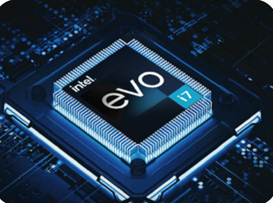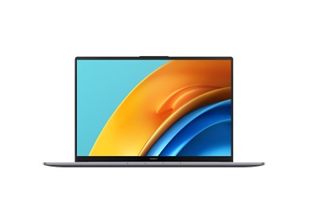In
today's fast-paced digital world, a slow laptop can be a major hindrance to
productivity and efficiency. Whether you use your laptop for work,
entertainment, or both, a sluggish system can be frustrating. Fortunately,
there are several effective ways to make your laptop run faster without having
to invest in expensive hardware upgrades. In this article, we'll explore some
tried-and-true techniques to optimize your laptop's performance.

Top Tips for Optimal Performance
Clear Out Unnecessary Files
One
of the first steps to speeding up your laptop is to declutter its storage. Over
time, your system accumulates various files, including temporary files, cached
data, and unused applications. Use the built-in disk cleanup tool on your
operating system to remove these unnecessary files. This will free up space on
your hard drive, allowing your laptop to run more smoothly.
Uninstall Unused Programs
Take
a moment to review the applications installed on your laptop. Are there any
programs that you rarely or never use? If so, uninstalling them can free up
additional resources and help improve overall performance. To uninstall
programs on Windows, navigate to the Control Panel and select "Uninstall a
program." On macOS, open the Applications folder and drag unwanted
applications to the Trash.
Manage Startup Programs
Many
applications are configured to start automatically when you boot up your
laptop. While some of these programs are essential, others may not be necessary
for everyday use. Review your startup programs and disable any that you don't
need to launch at startup. This can significantly reduce the time it takes for
your laptop to boot up and become fully operational.
Upgrade Your RAM
If
your laptop still feels sluggish after performing the above steps, consider
upgrading your RAM (Random Access Memory). RAM is responsible for temporarily
storing data that your computer is actively using. Increasing your RAM can lead
to smoother multitasking and faster overall performance. Consult your laptop's
user manual or manufacturer's website for information on compatible RAM
upgrades.
Install an SSD
Another
hardware upgrade that can dramatically improve your laptop's speed is replacing
the traditional hard drive with a Solid-State Drive (SSD). SSDs offer
significantly faster read and write speeds compared to traditional hard drives,
resulting in quicker boot times and snappier application performance. While
this may involve some technical expertise, many computer repair shops offer SSD
installation services.
Keep Your Operating System and Drivers Updated
Regularly
updating your operating system and drivers is crucial for optimal performance.
These updates often contain bug fixes, security patches, and performance
enhancements. Set your system to automatically check for updates or manually
check for them periodically. Additionally, make sure to install the latest
drivers for your hardware components from the manufacturer's website.
Disable Visual Effects
Many
operating systems include visual effects and animations that, while visually
appealing, can slow down your laptop's performance. Disabling or reducing these
effects can lead to a noticeable improvement in speed. On Windows, you can
adjust visual effects by searching for "Performance Options" in the
Start menu. On macOS, navigate to "Accessibility" in System
Preferences and select "Display."
Get a New Laptop
If
your current laptop is severely outdated, struggles with basic tasks, or is
unable to run modern software and applications, it may be time to invest in a
new system. The HUAWEI MateBook X Pro boasts impressive performance
capabilities. If you're considering purchasing a HUAWEI laptop, it's worth
noting that the company provides enticing discounts during the black friday
sales event, making it an excellent opportunity to invest in a HUAWEI laptop.

Conclusion
A
slow laptop doesn't have to be a source of frustration. By following these
tips, you can significantly improve your laptop's speed and performance without
breaking the bank on expensive hardware upgrades. Remember to regularly
maintain your system by decluttering files, managing startup programs, and
staying up-to-date with software updates. With a little effort, you can enjoy a
faster, more efficient computing experience.
